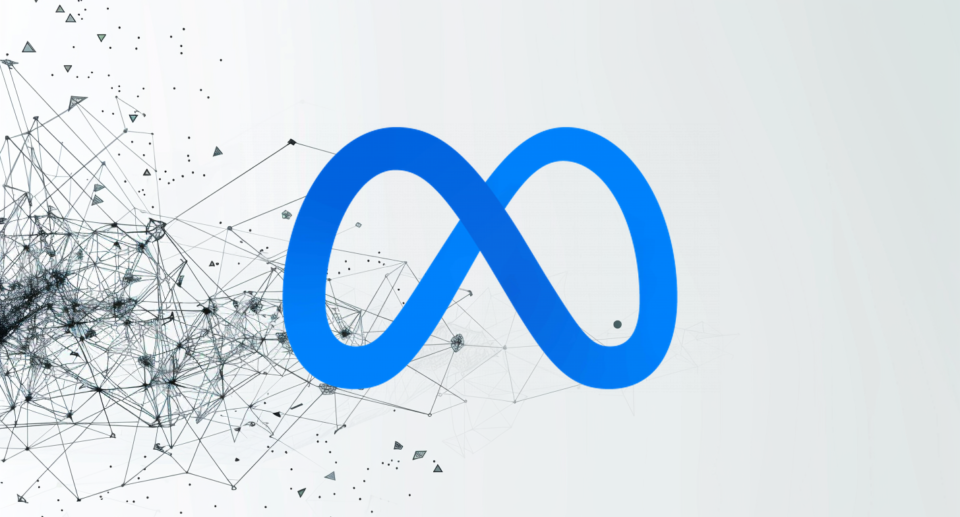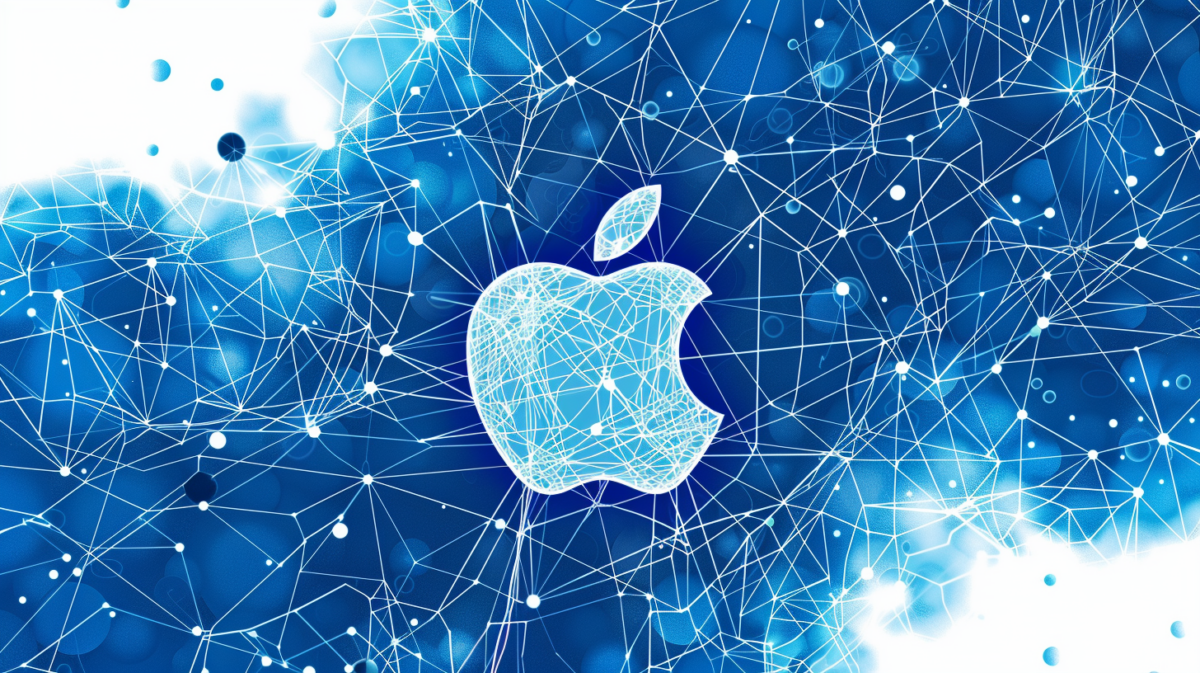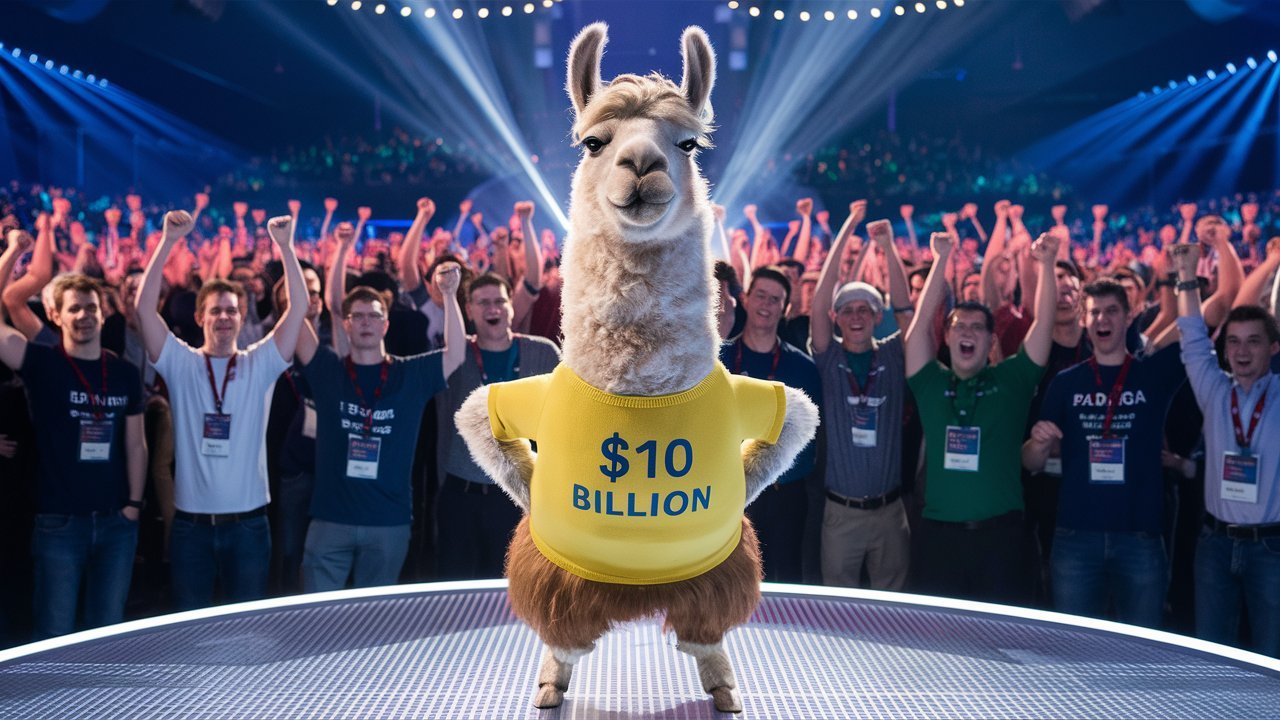Zuckerberg bets big on AI, but the path to profitability remains unclear

Following the release of its latest LLM Llama 3, Meta plans to invest heavily in even more advanced AI models and services in the coming years, with the goal of developing the world’s largest and most powerful AI services.
Meta is forging ahead with the development of its AI technologies and services. During the company’s most recent quarterly earnings call, CEO Mark Zuckerberg said Meta is working on a variety of different AI services, including Meta AI, an AI assistant that can answer questions across all Meta apps and glasses.
Meta recently released a new version of the assistant based on its latest language model, Llama 3. The rollout is going well, and tens of millions of people have already tried the service, according to Zuckerberg, who said Meta AI is the smartest free AI assistant today. With RayBan’s Meta smart glasses, people in the U.S. and Canada can use Meta’s multimodal AI assistant for everyday tasks.
Along with the new Meta AI, the company also introduced deeper integration of generative AI into its apps in the U.S. and more than a dozen other countries. Users will be able to use Meta’s AI assistant in search, news feed and groups on Facebook. The search integration in particular could strengthen Meta’s position in the overall search market, though it still relies on Google and Bing.
Ad
Ad
How to make money with generative AI
Zuckerberg said he sees Meta’s new 8- and 70-billion-parameter Lama models as best-in-class, and benchmarks seem to support that view. But only real-world applications will tell the whole truth. Meta is currently training a Lama 3 model with over 400 billion parameters, which “seems on track to be industry-leading on several benchmarks,” Zuckerberg said.
Meta’s stated goal is to invest significantly more in the coming years to develop even more advanced models and the world’s largest AI services.
However, building a leading AI will be a “larger undertaking than the other experiences we’ve added to our apps, and this is likely going to take several years,” Zuckerberg said.
In plain terms, this means Meta doesn’t know when or how it will make money from generative AI. Zuckerberg is betting that open-sourcing the Llama models will reduce Meta’s infrastructure and development costs eventually.
Other monetization options Zuckerberg mentioned included scaling business messaging, introducing advertising or paid content into AI interactions, and letting users pay for the use of larger AI models and access to more computing power. AI also improves engagement in apps, which leads to us seeing more ads and improving ads directly to provide more value, he said.
Recommendation
Meta’s AI recommendation systems are also making progress. About 30 percent of posts in the Facebook feed and, for the first time, more than 50 percent of content on Instagram are now served by AI recommendation systems, the company said. Meta recently introduced a proprietary processor designed to make these systems run more efficiently.
The next big bet
The stock market reacted very critically to Meta’s quarterly results and Zuckerberg’s outlook, even though revenue grew more than 27 percent year over year to $36.5 billion. Meta’s stock lost 15 percent in after-hours trading and continues to fall. However, the stock had risen excessively since the beginning of the year due to the AI hype.
Zuckerberg likely anticipated this reaction: During the conference call, he mentioned that “it’s worth calling out that we’ve historically seen a lot of volatility in our stock during this phase of our product playbook – where we’re investing in scaling a new product but aren’t yet monetizing it.”
But investor skepticism might be warranted. Before AI, Meta was riding high on the metaverse hype wave and has lost billions on the technology to date. The ten-year plans announced in the past should have generated significant revenues by now. Even Apple has yet to kickstart the VR and AR glasses market.
The future of generative AI seems equally uncertain when it comes to making money at scale. Meta’s industry peers, such as Microsoft, OpenAI, and Google, are also currently losing billions on the technology, with no clear path to revenue growth other than perhaps boosting their own cloud business with startup investments.










